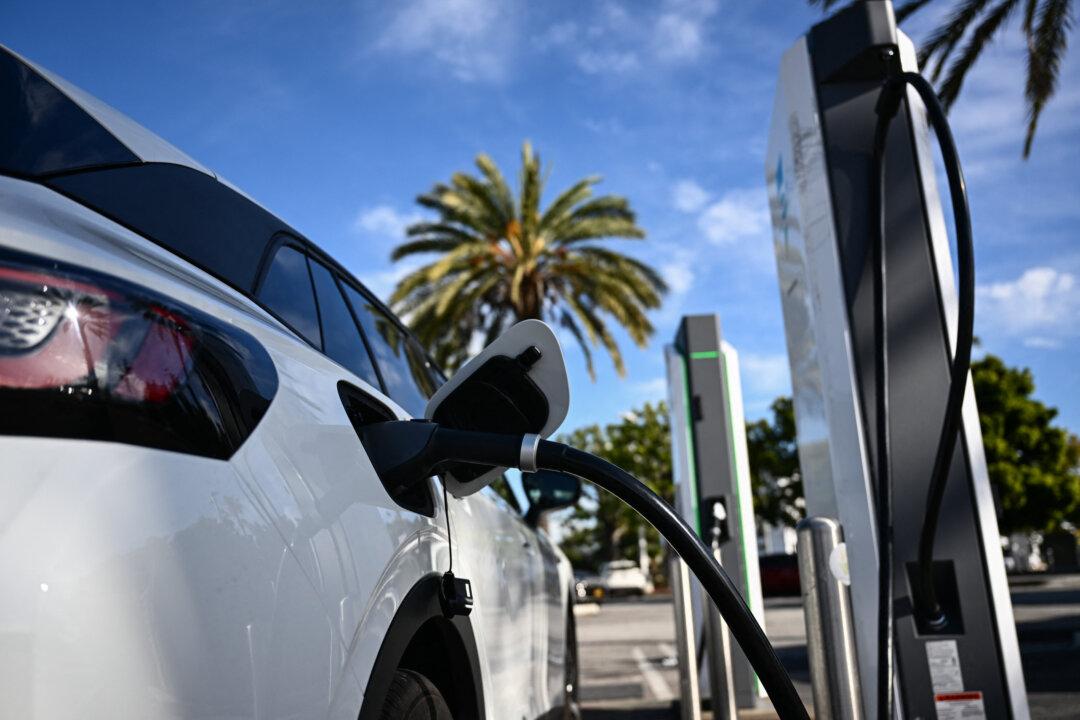Officials in Florida have warned of the fire danger posed by electric vehicles (EVs) that are inundated by floodwaters as Hurricane Milton began its assault on the Sunshine State on Oct. 9.
Tampa Mayor Jane Castor reminded residents in a press conference early Wednesday that city garages were left open and urged electric vehicle owners in particular to take advantage of the upper floors in garages to avoid flood and fire risk.





